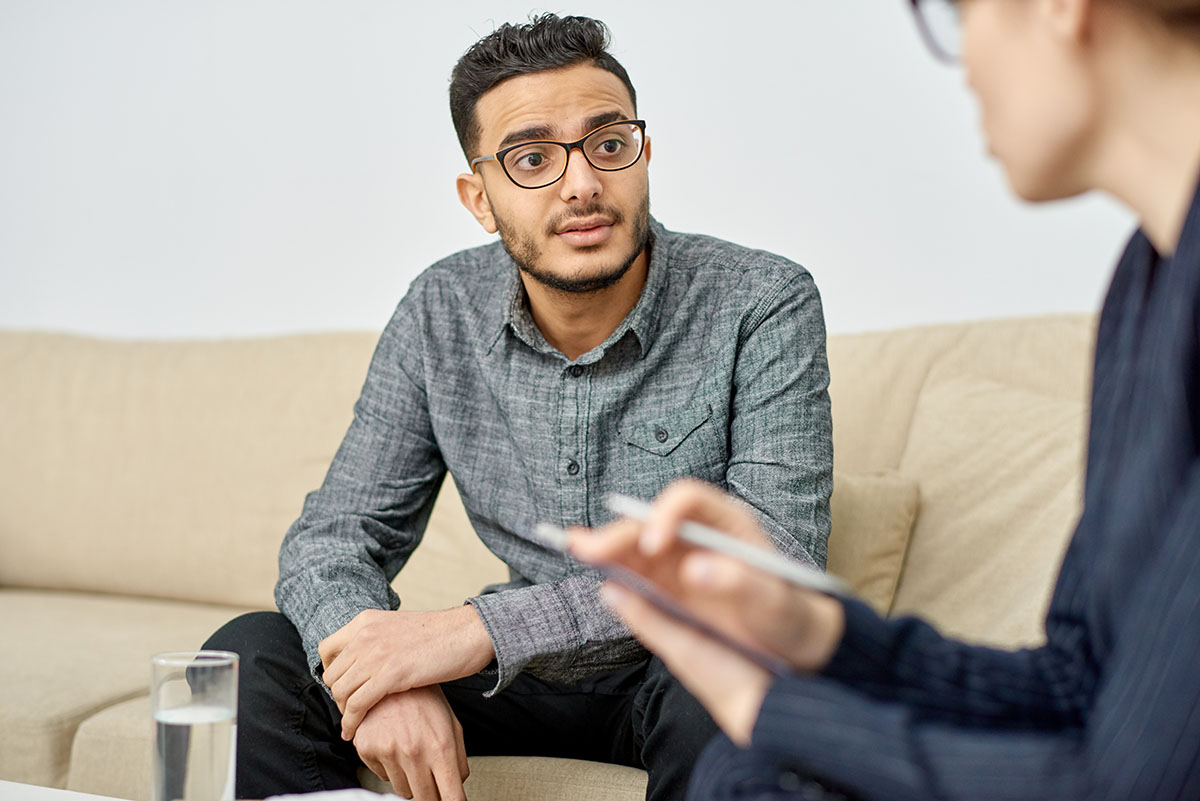
An estimated two million people are currently struggling with opioid addiction. With so many individuals struggling with this rising epidemic, it's important to understand the issue's ins and outs. One of the biggest confusions surrounding the outbreak is the difference between opioids and opiates and how they affect those who use them.
If you or a loved one is struggling with opioid addiction, reach out to an opioid addiction treatment center today. At San Antonio Recovery Center, we offer substance use disorder treatment programs designed to help our patients heal and thrive.
Opiates are naturally occurring substances that are derived from the poppy plant. Opium, codeine, and morphine are all opiates.
The term "opioid" refers to any substance, whether naturally occurring, synthetic, or partially synthetic, that acts on the opioid receptors on the brain. All opiates are opioids, but not all opioids are opiates. Examples of synthetic or partially synthetic opioids include Vicodin, Demerol, and Percocet.
Although opiates may be naturally derived, this doesn't mean that they are safe. All opioids are addictive due to the powerful effects they can have on the brain. While these substances are often prescribed to treat chronic pain in those with an illness or injury, they can also be habit-forming. If you've been prescribed either an opiate or an opioid, talk to your doctor about the risks and be sure to take the medication exactly as prescribed.
In the past, opioids were prescribed more frequently to treat pain. In fact, pharmaceutical companies would encourage these prescriptions. However, what makes opioids effective at treating pain is also what makes them addictive. When you take an opioid, it causes a rush of dopamine which can create a sense of euphoria and can relieve pain. The reward center of the brain is activated and wants to relive that experience. Using opioids again becomes appealing. Over time, the body develops a tolerance to the drugs. This means the body needs more of the drug to feel the same effects. Also, since opioids only decrease the sensation of pain, the individual will still suffer from their pain. Chronic pain increases the likelihood that an individual will abuse these drugs to try and find relief.
Now that research shows these medications as highly dangerous and addictive, doctors are pulling back on using them to manage chronic pain. However, opioid addiction is hard to overcome on your own, and many people who struggle with this condition never reach out for professional help. Some individuals turn to heroin or other illicit forms of opioids if they can no longer get a prescription.
Finding a treatment center that offers personalized care will give you the best chance at long-term, sustainable recovery. Treatment for opioid addiction will typically include some or all of the following:
Medical detox is a process of managing withdrawal symptoms in order to reduce the body’s reliance on certain substances. It focuses on providing people with safe, effective medical and psychological care to help them overcome physical addiction. During medical detox, individuals can expect to be monitored by a team of healthcare professionals who are highly trained in treating substance misuse and addiction.
This form of treatment can involve individual, group, family or even online counseling sessions with a trained professional. The goal of this type of treatment is to identify the underlying causes of the addict's behaviors and develop strategies that will help them learn healthier ways of living and coping with their triggers.
Medication-assisted treatment (MAT) is a comprehensive, evidence-based approach to treating addiction. It combines medications with counseling and behavioral therapies to provide an individualized plan of care that meets the person’s needs. MAT can help reduce cravings, prevent relapse, and improve overall health outcomes. MAT is an important part of a comprehensive plan for addiction recovery and should be used in conjunction with other therapies to ensure long-term sobriety.
These are group gatherings for people who suffer from addiction to drugs, alcohol, or other substances. They offer support and encouragement from others in recovery. Participants learn coping skills, build relationships with peers, and find strength in the shared experience of recovery.
Aftercare is a process of providing support and resources to individuals who are in recovery from substance abuse. This includes continuing therapy, attending meetings, participating in group activities, connecting with family and friends, seeking employment or educational opportunities, and accessing other supportive services as needed. Aftercare helps build a strong foundation for long-term sobriety by creating structure and security, providing accountability, and offering emotional support.
It's not surprising that so many people fall prey to opioids and opiates. Whether the addiction is to an opioid or an opiate, going to a quality drug and alcohol rehab that can effectively treat both forms of addiction is of the utmost importance. You need a comfortable and affordable place to heal. San Antonio Recovery Center is ready to help you end the cycle of addiction. We know how incredibly hard it is to find a way out, but we are there to help you every step of the way. We have many forms of individualized treatment to help you get the help you need. Call us at 866.957.7885, or contact us online to take that first step towards recovery.
contact us now!
